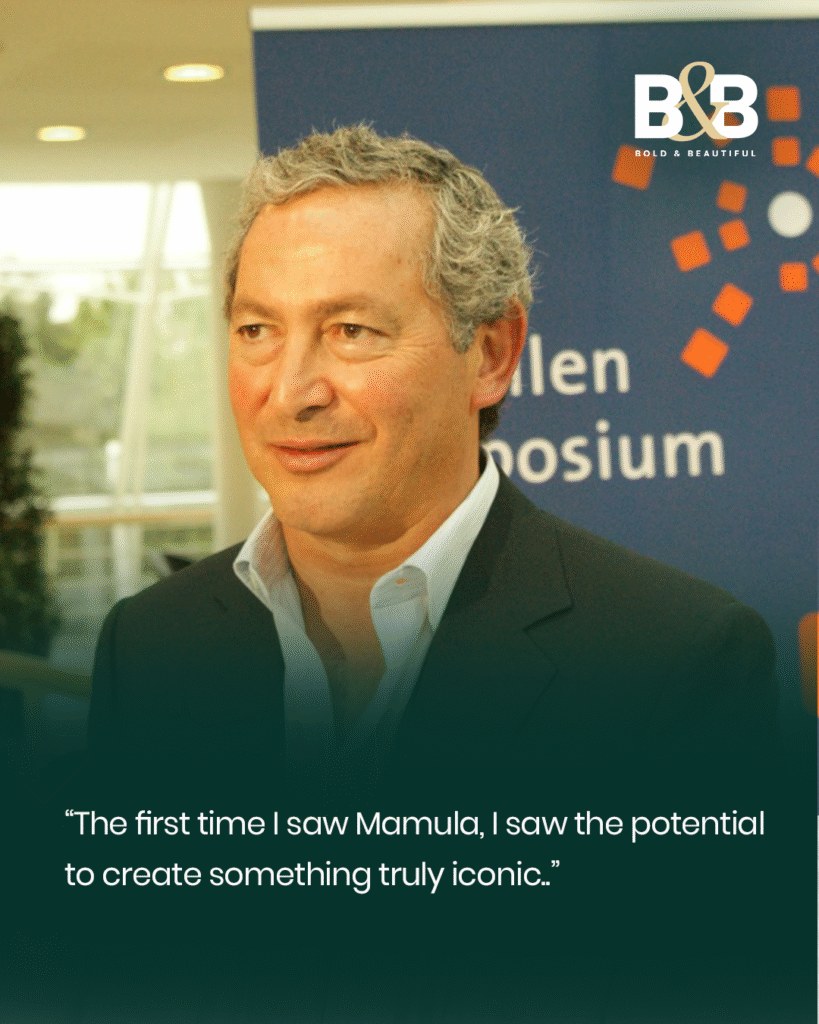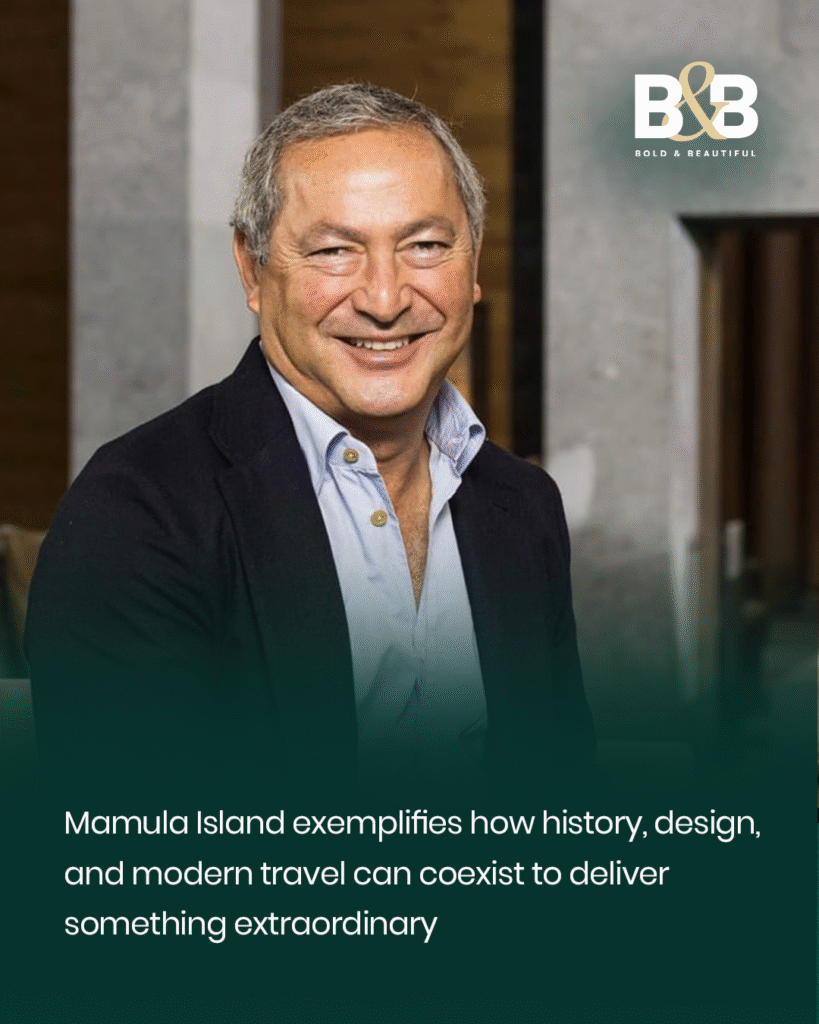Mamula Island, a 19th-century fortress off the coast of Montenegro once known for its dark wartime history, has entered a bold new chapter—thanks to Egyptian billionaire Samih Sawiris. The real estate mogul, best known for his visionary developments across Europe and North Africa, has transformed the isolated Adriatic outpost into a world-class luxury destination, now operating under the prestigious Banyan Tree brand.

After seven years of meticulous restoration in collaboration with heritage architects MCM Lisbon, the former military site has been reborn as Mamula Island by Banyan Tree. The site is now a 32-key boutique retreat featuring heritage suites, a holistic wellness centre within the fortress tower, and a collection of restaurants inspired by Mediterranean and Adriatic cuisine. A full Banyan Tree rebranding is scheduled to be completed in 2026 as part of the group’s expanding footprint across Europe.
Sawiris’ investment in Mamula Island is part of a broader development strategy in the Balkans, following his earlier success with Luštica Bay, a $1.1 billion sustainable town nearby. “The first time I saw Mamula, I saw the potential to create something truly iconic,” Sawiris said in a past interview. “This project isn’t just about luxury, it’s about preserving history and giving it new purpose.”

Mamula Island offers more than architectural beauty. The experience is deeply cultural. Alongside its spa and speakeasy bar, the island features rotating art exhibitions, an artist-in-residence programme, and partnerships with cultural institutions like Operosa for classical music performances. This artistic dimension reflects Banyan Tree’s ethos of immersive and place-sensitive hospitality.
Despite its transformation, Mamula does not forget its past. A section of the fortress has been preserved as a memorial gallery, honouring those who were imprisoned there during the Second World War. This sensitive balance of remembrance and renewal is key to the project’s philosophy.
Banyan Group’s CEO, Eddy See, called the addition “a significant milestone” for the brand’s presence in Europe. “We are committed to thoughtful growth. Mamula Island exemplifies how history, design, and modern travel can coexist to deliver something extraordinary.”
With its new identity under one of the world’s most respected hospitality groups, and the vision of a billionaire developer who has never shied away from ambitious undertakings, Mamula Island now stands as a shining model of how luxury can be both responsible and resonant.





